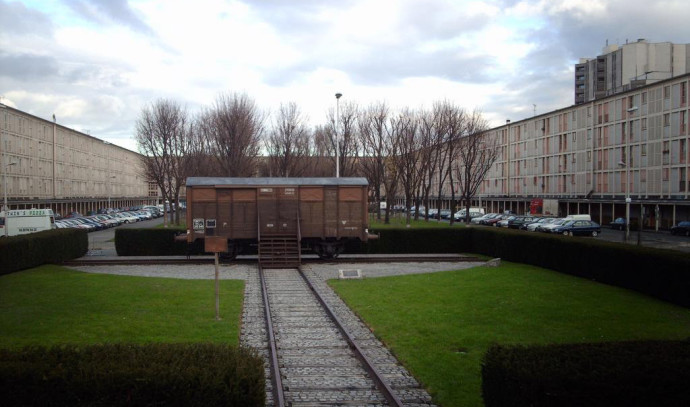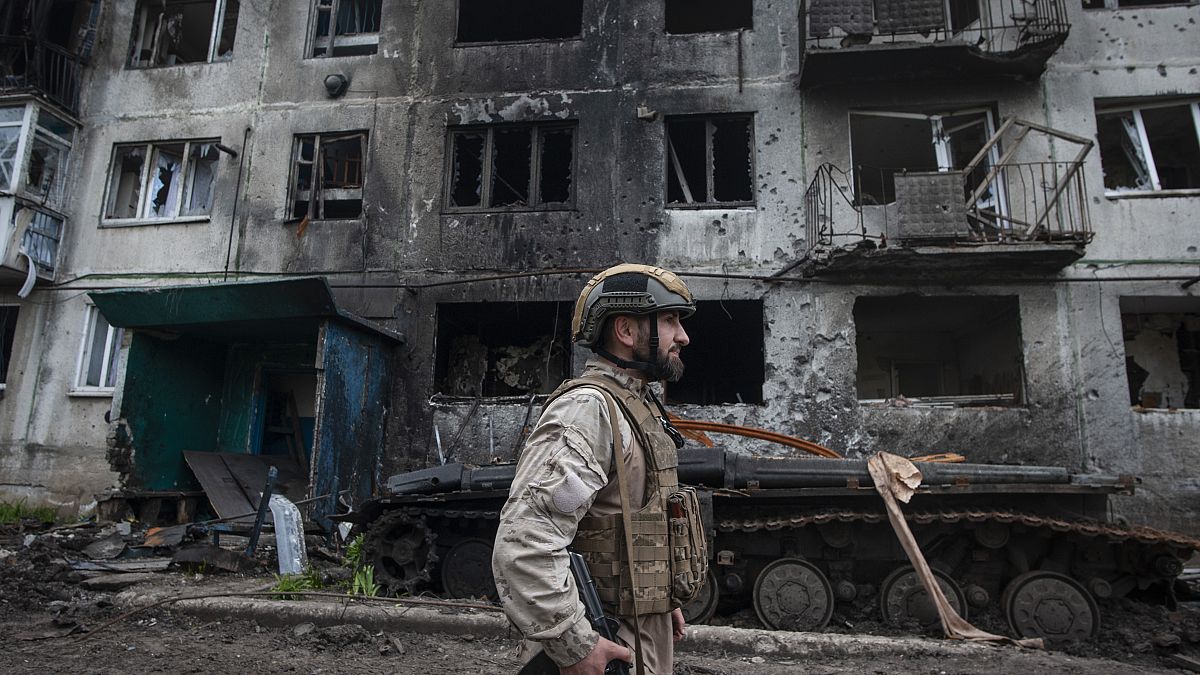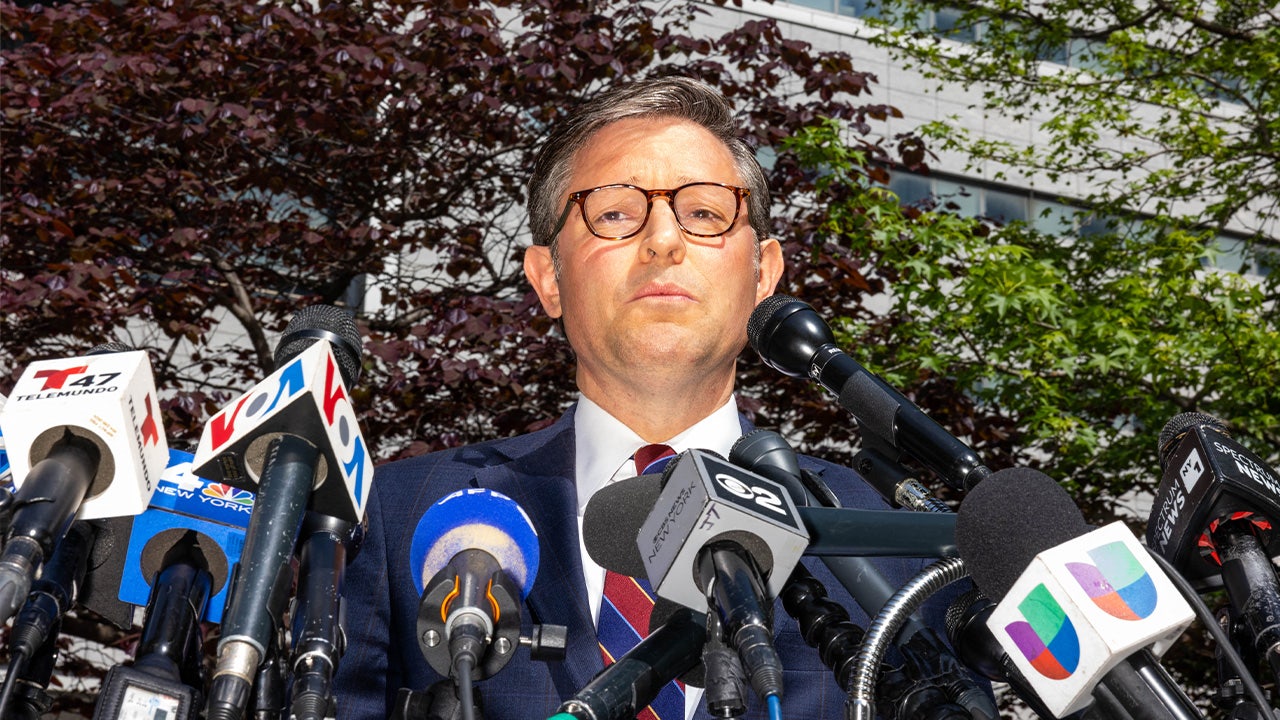World
State of the Union: Hungary drama overshadows EU leaders' summit
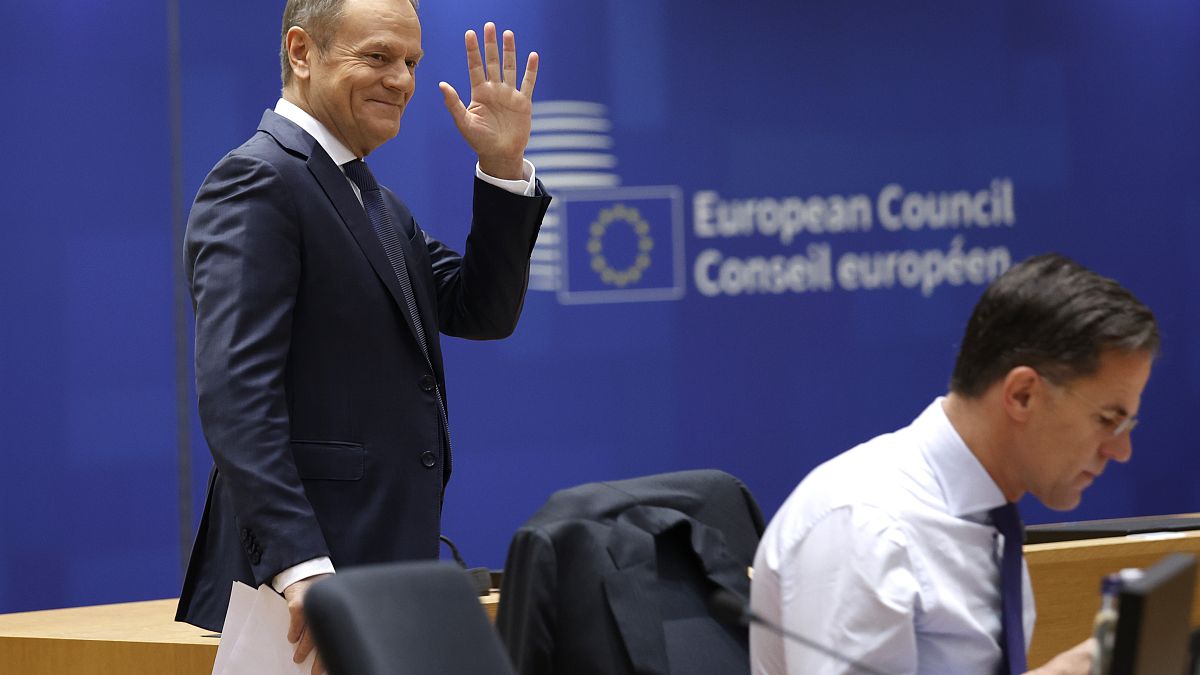
Poland’s new prime minister Donald Tusk was sworn in this week as he pledged to respect the law and to obey the constitution, something the outgoing Law & Justice Party has been accused of not doing.
The former EU Council president then returned to his old Brussels stomping grounds for a crunch leaders’ summit.
“I’m really happy to be here again. Yeah, Poland is back here in Europe. And this is, for me, the most important moment in my political life,” Tusk said on Wednesday.
One of the things he and his colleagues discussed was migration, although it was drowned out by Hungarian Prime Minister Viktor Orbán’s objections to continued financial support for Ukraine.
Orbán opposed Brussels’ proposal to provide €50 billion from EU coffers to Kyiv through to 2027, a decision that requires the unanimous blessing of all EU leaders.
The €50-billion ‘Ukraine Facility’ – made up of €33 billion in low-interest loans and €17 billion in non-repayable grants – is pegged onto a broader €100-billion review of the EU’s long-term budget, known as the Multiannual Financial Framework. A group of northern countries fiercely opposed the hefty size of the top-up and bargained for a scaled-down review.
Despite the fiasco of the financial aid, the summit delivered a momentous breakthrough when leaders agreed to begin accession negotiations with Ukraine and Moldova, two countries that submitted their membership bids in the early days of the war. The green light is seen as a stern rebuke to Vladimir Putin’s forceful attempts to exert control over Russia’s immediate neighbourhood.
Member states also granted Georgia the status of candidate country, prompting street celebrations in the nation’s capital, Tbilisi.
Additionally, the bloc will open negotiations with Bosnia and Herzegovina “once the necessary degree of compliance with the membership criteria is reached.” The Balkan country’s progress will be assessed in progress set to be unveiled in March.
“It’s a very powerful political signal, it’s a very powerful political decision,” President Michel told reporters after the blessing became official.
“And today and tonight I think, to the people of Ukraine, we are on their side and this decision made by member states is extremely important for the credibility of the European Union.”
“It was important that no member state would oppose the decision and this is why we were in a position to make this announcement tonight,” Michel added.
Hungary gets its money
This was all amid the backdrop of more drama with the Hungarian prime minister after the European Commission allowed on Wednesday the release of €10 billion in cohesion funds for Hungary, almost a year after the money was frozen over the country’s failure to address persistent rule-of-law concerns.
It means the Hungarian government will be able to submit reimbursement requests of up to €10.2 billion to finance development projects across the country.
“We have received sufficient guarantees to say that independence of the judiciary will be strengthened in Hungary,” said Didier Reynders, the European Commissioner for Justice.
“Today’s decision is however not the end of the process. We will continue to carefully monitor the situation and will react early on in case any backslidings were to occur.”
The European Parliament disagreed, however.
In a joint letter, the four main groups of the Parliament expressed a similarly skeptical view, asking the Commission to wait at least until the elections to the National Judicial Council conclude on 10 January before issuing a positive assessment.
“It is the duty of the Commission to continue to check that none of the reforms are reversed or weakened afterward by an overnight decree or conflicting legislation,” the leaders of the EPP, S&D, Renew Europe and Greens said on Wednesday.

World
The Boys Gets Early Season 5 Renewal

ad
World
Argentina reports its first single-digit inflation in 6 months as markets swoon and costs hit home
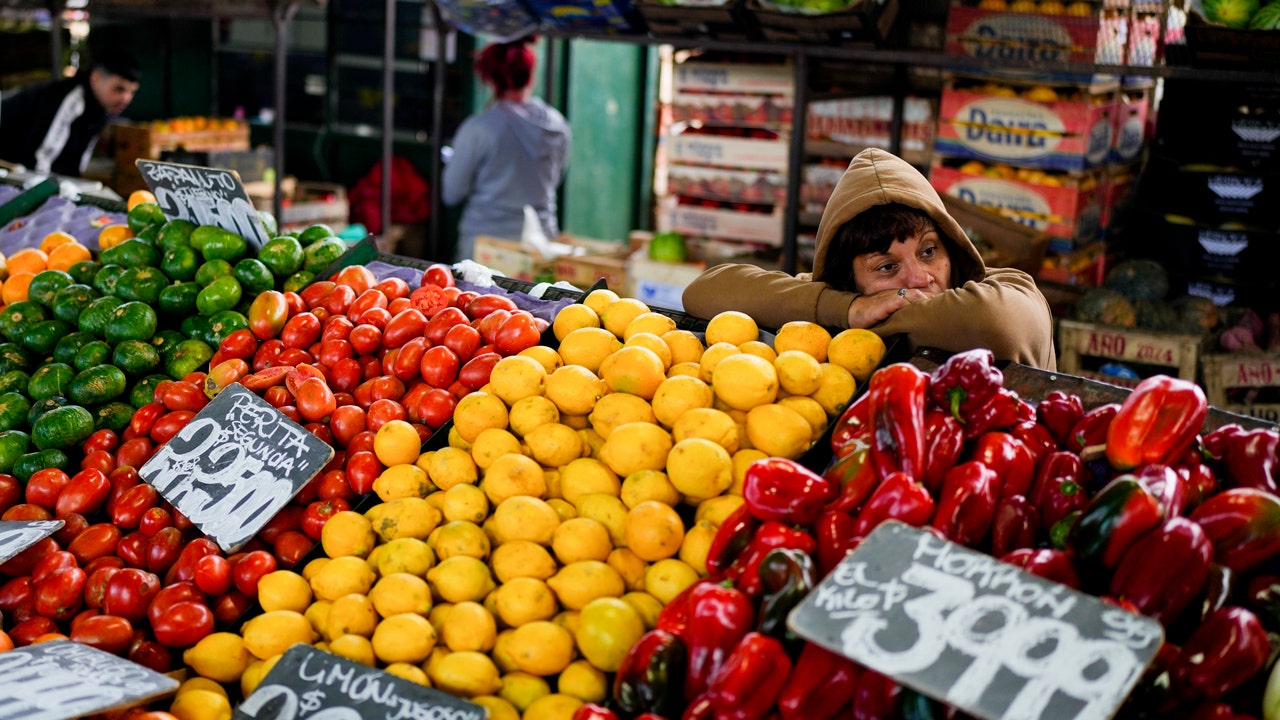
Argentina’s monthly inflation rate eased sharply to a single-digit rate in April for the first time in half a year, data released Tuesday showed, a closely watched indicator that bolsters President Javier Milei’s severe austerity program aimed at fixing the country’s troubled economy.
Prices rose at a rate of 8.8% last month, the Argentine government statistics agency reported, down from a monthly rate of 11% in March and well below a peak of 25% last December, when Milei became president with a mission to combat Argentina’s dizzying inflation, among the highest in the world.
ARGENTINA WILL GET NEXT INSTALLMENT OF BAILOUT AS IMF PRAISES MILEI’S AUSTERITY POLICIES
“Inflation is being pulverized,” Manuel Adorni, the presidential spokesperson, posted on social media platform X after the announcement. “Its death certificate is being signed.”
Although praised by the International Monetary Fund and cheered by market watchers, Milei’s cost-cutting and deregulation campaign has, at least in the short term, squeezed families whose money has plummeted in value while the cost of nearly everything has skyrocketed. Annual inflation, the statistics agency reported Tuesday, climbed slightly to 289.4%.
“People are in pain,” said 23-year-old Augustin Perez, a supermarket worker in the suburbs of Buenos Aires who said his rent had soared by 90% since Milei deregulated the real estate market and his electricity bill had nearly tripled since the government slashed subsidies. “They say things are getting better, but how? I don’t understand.”
A vendor waits for customers at the central market for fruit and vegetables in Buenos Aires, Argentina, Friday, May 10, 2024. (AP Photo/Natacha Pisarenko)
Milei’s social media feed in recent weeks has become a stream of good economic news: Argentine bonds posting some of the best gains among emerging markets, officials celebrating its first quarterly surplus since 2008 and the IMF announcing Monday it would release another $800 million loan — a symbolic vote of confidence in Milei’s overhaul.
“The important thing is to score goals now,” Milei said at an event Tuesday honoring former President Carlos Menem, a divisive figure whose success driving hyperinflation down to single digits through free-market policies Milei repeatedly references. “We are beating inflation.”
Even so, some experts warn that falling inflation isn’t necessarily an economic victory — rather the symptom of a painful recession. The IMF expects Argentina’s gross domestic product to shrink by 2.8% this year.
“You’ve had a massive collapse in private spending, which explains why consumption has dropped dramatically and why inflation is also falling,” said Monica de Bolle, a senior fellow at the Peterson Institute for International Economics who studies emerging markets. “People are worse off than they were before. That leads them to spend less.”
Signs of an economic slowdown are everywhere in Buenos Aires — the lines snaking outside discounted groceries, the empty seats in the city’s typically booming restaurants, the growing strikes and protests.
At an open-air market in the capital’s Liniers neighborhood, Lidia Pacheco makes a beeline for the garbage dump. Several times a week, the 45-year-old mother of four rummages through the pungent pile to salvage the tomatoes with the least mold.
“This place saves me,” Pacheco said. Sky-high prices have forced her to stick to worn-out clothes and shoes and change her diet to the point of giving up yerba mate, Argentina’s ubiquitous national drink brewed from bitter leaves. “Whatever I earn from selling clothes goes to eating,” she said.
Argentina’s retail sales in the first quarter of 2024 fell nearly 20% compared to the year before, a clip comparable to that of the 2020 pandemic lockdowns. The consumption of beef — an Argentine classic — dropped to its lowest level in three decades this quarter, the government reported, prompting panicked editorials about a crisis in Argentina’s national psyche.
“Now I buy pork and chicken instead,” said Leonardo Buono, 51-year-old hospital worker. “It’s an intense shock, this economic adjustment.”
Milei, a self-proclaimed “anarcho-capitalist” and former TV personality, warned his policies would hurt at first.
He campaigned brandishing a chainsaw to symbolize all the cutting he would do to Argentina’s bloated state, a dramatic change from successive left-leaning Peronist governments that ran vast budget deficits financed by printing money.
Promising the pain would pay off, he slashed spending on everything from construction and cultural centers to education and energy subsidies, from soup kitchens and social programs to pensions and public companies. He has also devalued the Argentine peso by 54%, helping close the chasm between the peso’s official and black-market exchange rates but also fueling inflation.
Inflation in the first four months of 2024 surged by 65%, the government statistics agency reported Tuesday. Prices in shops and restaurants have reached levels similar to those in the U.S. and Europe.
But Argentine wages have remained stagnant or declined, with the monthly minimum wage for regulated workers just $264 as of this month, with workers in the informal economy often paid less.
Today that sum can buy scarcely more than a few nice meals at Don Julio, a famous Buenos Aires steakhouse. Nearly 60% of the country’s 46 million people now live in poverty, a 20-year high, according to a study in January by Argentina’s Catholic University.
Even as discontent appears to rise, the president’s approval ratings have remained high, around 50%, according to a survey this month by Argentine consulting firm Circuitos — possibly a result of Milei’s success blaming his predecessors for the crisis.
“It’s not his fault, it’s the Peronists who ruined the country, and Milei is trying to do his best,” said Rainer Silva, a Venezuelan taxi driver who fled his own country’s economic collapse for Argentina five years ago. “He’s like Trump, everyone’s against him.”
Argentina’s powerful trade unions and leftist political parties have pushed back against Milei with weekly street protests, but haven’t managed to galvanize a broad swath of society.
That could change — last week, a massive protest against budget cuts to public universities visibly hit a nerve, drawing hundreds of thousands of people.
“The current situation is completely unsustainable,” said de Bolle, the economy expert.
World
Co-leader of Germany's far-right AfD party fined for using Nazi slogan
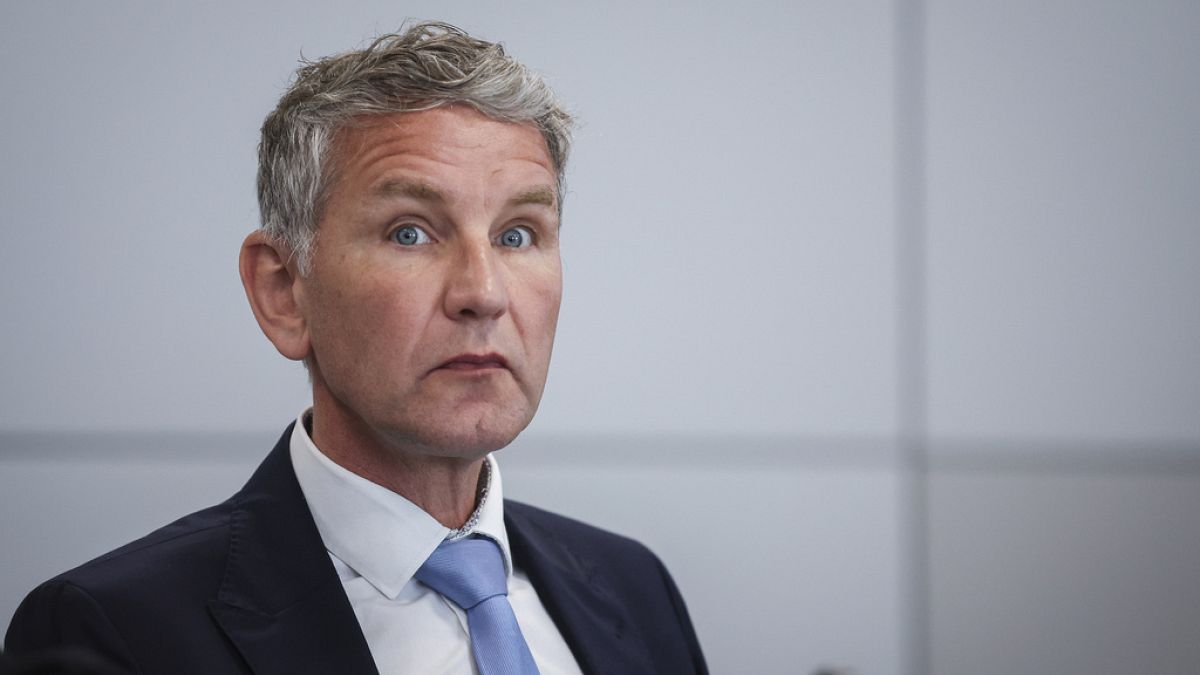
The case involved Björn Höcke’s use of “Everything for Germany!” in a 2021 speech. While prosecutors said he knew it was originally a Nazi slogan, Höcke claimed it was an “everyday saying”.
Björn Höcke, who is one of the best-known figures in the far-right Alternative for Germany party, has been fined for using a Nazi slogan in a speech.
The verdict on Tuesday in his trial comes months before a regional election in the eastern state of Thuringia in which he plans to run for the governor’s job.
The state court in the eastern city of Halle convicted Höcke of using symbols of an unconstitutional organisation, German news agency dpa reported. It imposed a fine of 13,000 euros.
The charge can carry a maximum sentence of three years in prison. Prosecutors had sought a six-month suspended sentence, whilst his defence lawyers argued for acquittal.
The case centred on a speech in Merseburg in May 2021 in which Höcke used the phrase “Everything for Germany!” Prosecutors contended he was aware of its origin as a slogan of the Nazis’ SA stormtroopers, but Höcke has argued that it is an “everyday saying.”
He testified at the trial that he is “completely innocent.” The former history teacher described himself as a “law-abiding citizen.”
The 52-year-old Höcke is an influential figure on the hard right of the AfD. He has led its regional branch in Thuringia since 2013, the year the party was founded, and is due to lead its campaign in a state election set for September 1.
He once called the Holocaust memorial in Berlin a “monument of shame” and called for Germany to perform a “180-degree turn” in how it remembers its past. A party tribunal in 2018 rejected a bid to have him expelled.
Prosecutor Benedikt Bernzen argued in Tuesday’s closing arguments that Höcke had used Nazi vocabulary “strategically and systematically” in the past.
Höcke accused prosecutors of not looking for exonerating circumstances and argued that freedom of opinion is limited in Germany.
-

 Politics1 week ago
Politics1 week agoHouse Dems seeking re-election seemingly reverse course, call on Biden to 'bring order to the southern border'
-

 World1 week ago
World1 week agoSpain and Argentina trade jibes in row before visit by President Milei
-

 Politics1 week ago
Politics1 week agoFetterman says anti-Israel campus protests ‘working against peace' in Middle East, not putting hostages first
-

 World1 week ago
World1 week agoGerman socialist candidate attacked before EU elections
-

 News1 week ago
News1 week agoUS man diagnosed with brain damage after allegedly being pushed into lake
-

 World1 week ago
World1 week agoGaza ceasefire talks at crucial stage as Hamas delegation leaves Cairo
-

 Politics1 week ago
Politics1 week agoRepublicans believe college campus chaos works in their favor
-

 Politics1 week ago
Politics1 week agoConservative beer brand plans 'Frat Boy Summer' event celebrating college students who defended American flag




